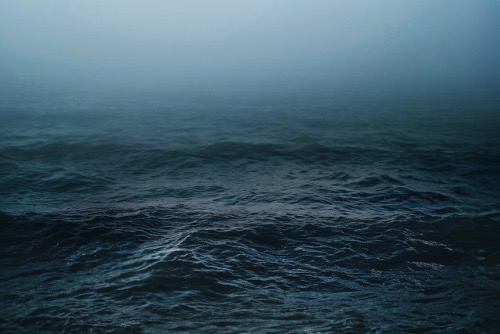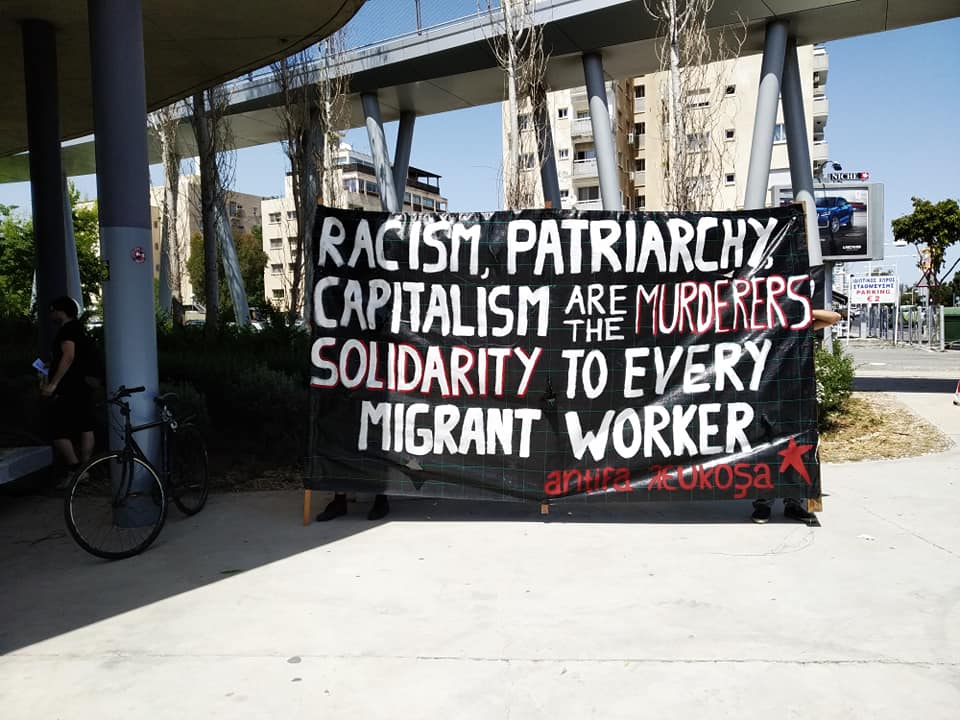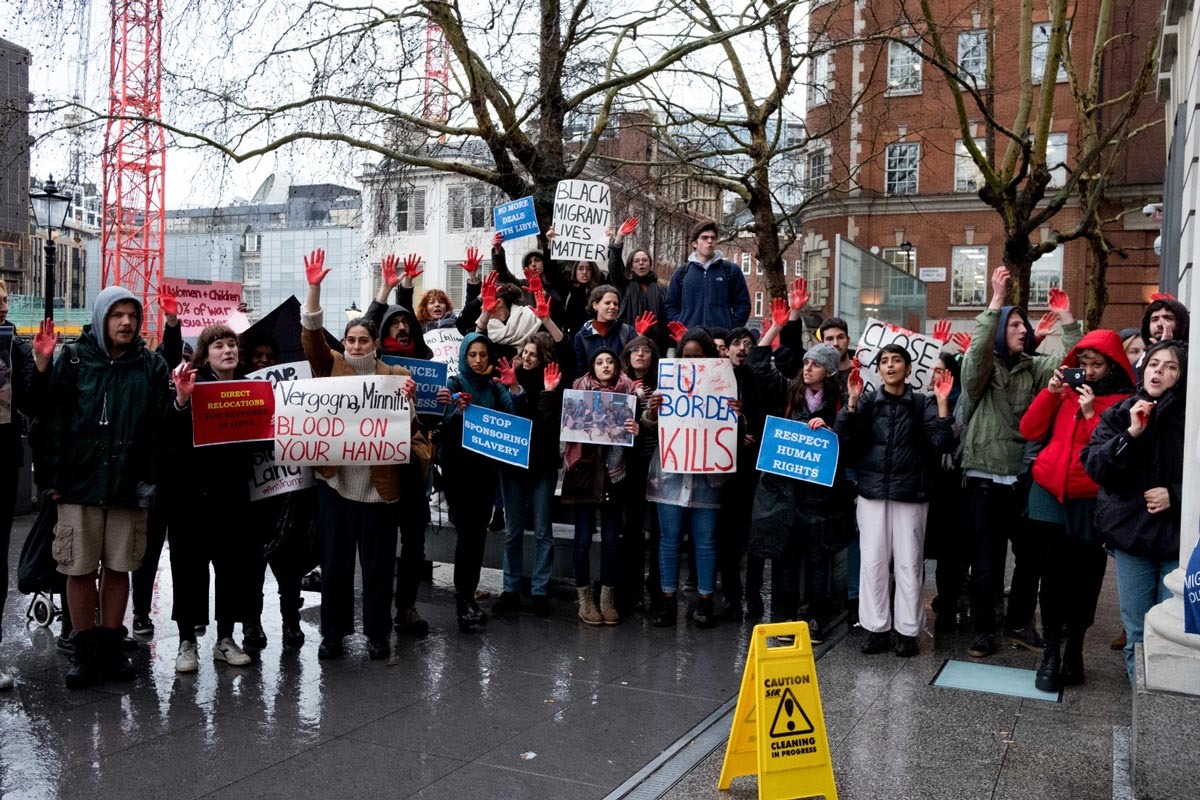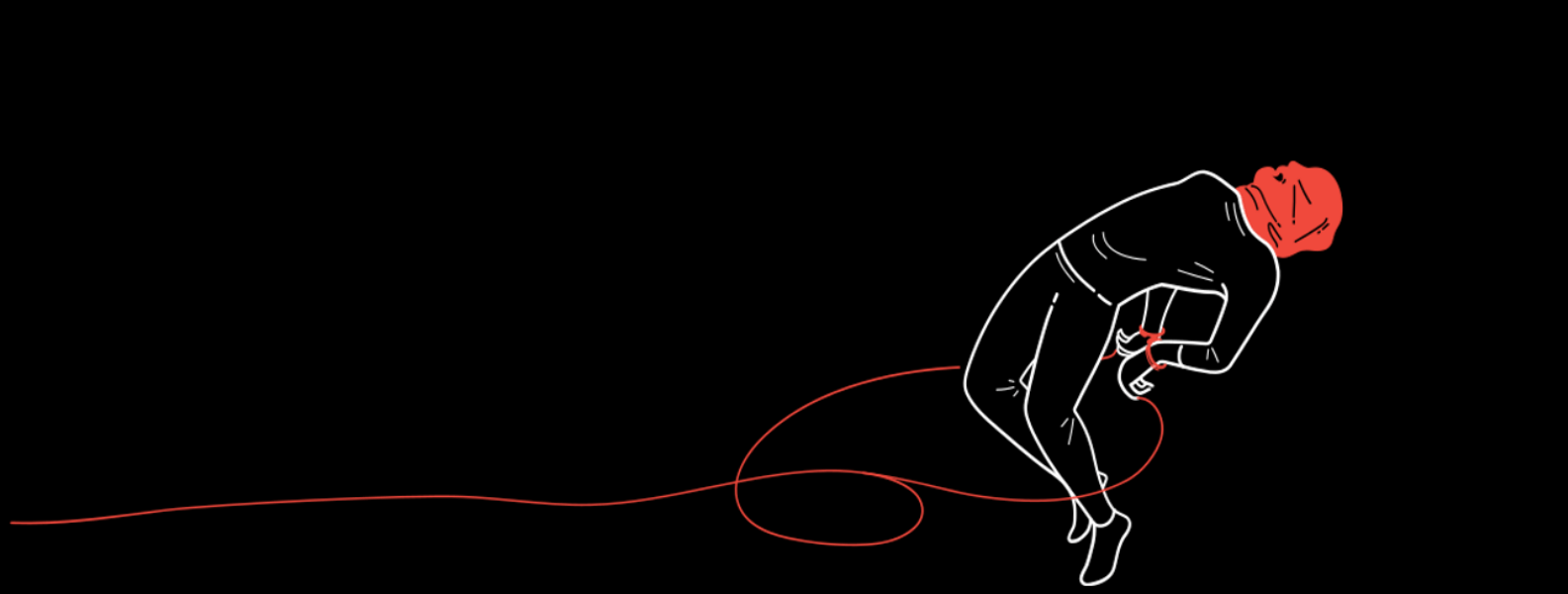Mafia in the Parliament, Naval Battles at Sea, Violence in the Hostels. This is the latest in a series on migration in Italy. You can see the first one here.
It’s not going well, to say the least.
This week we saw the elections for the Sicilian regional parliament. Sicily represents around 10% of the Italian population. It also represents one of the areas of highest unemployment in all of Europe (youth unemployment is the highest), which really means widespread informal, precarious work, no minimum wage of any kind, and large scale emigration. The election was not ostensibly fought over immigration, but in the end it wasn’t ostensibly fought over anything at all: not so much dog whistle politics as entire orchestras playing symphonies across the entire island composed only of whistles for bats and dogs.
There were five candidates, ranging from the far left, through the centre-left (the ruling party), the centre-right, the far right and the Five Star Movement (politically varied). The centre-right got 40%, Five Star Movement 35%, essentially giving political expression to a social turn to the right which has been visible (for those who were watching) for a couple of years. Ruling centre-left got a miserable 18%, and the far left candidate (Communists etc) an abysmal 6%. In many areas, the Northern separatist party got more votes in the South than the Communists did – a certain sign of how racist sympathies trump even local interests. The winning Presidential candidate, Nello Musumeci, is a former Fascist youth leader, and his parliamentary candidates include a range of figures investigated, or previously charged with, Mafia. As MPs, they are all now immune from prosecution. The provincial MP with the most votes in all of Sicily (20,000 votes) is 21 years old, and gained the votes simply due to his father being a well known right-wing politician with Mafia links. Two MPs have already been forced to resign only days after the vote due to Mafia investigations. Nevertheless, it is clear where political power lies now in Sicily, and where it is heading on a national level if things don’t change quickly.
At sea, the Libya-Italy deal has now emerged into a brutal clash between the NGO vessels which carry out rescue operations and bring migrants to the Italian coast, and the Libyan “Coast Guard” charged with capturing the migrant boats and bringing them back to Libya – often returning people to illegal, horrendous prisons run by militia who are simply the Coast Guard in a different costume. Last week, an NGO vessel (the new Sea Watch 3) had to rescue migrants who had abandoned by the Libyan coast guard in the open sea. The Libyans left around 50 people to drown, and drove off back to Libya with a man in the water still holding onto a rope while his wife looked on from the NGO vessel and an Italian coast guard helicopter repeatedly told them to stop. Forget Frontex, the Libyan and Turkish coast guards are now the de facto European border force. The reports from Libya itself continue only to worsen, with the spreading of diseases and malnutrition within the informal detention centres, as well as torture and enslavement. The situation for women trafficked in Libya, whose only escape is towards Europe, is almost unthinkable. A rubber boat was picked up with the bodies of 26 young women and girls in it; the coroner has described their physical situation as “medieval”. This is the new reality of the border controls.
The situation is also worsening for those who arrive alive. Protests at asylum seeker hostels continue across the country due to lack of payment, inadequate services, lack of schooling, the isolation of centres and the extremely slow pace of the legal procedures for getting documents. This is going to unfold in an unfortunate manner over the coming national election in a few months, as the main movement for reform in the migrant sector is coming from the same ex-Stalinist Minister of the Interior, Marco Minniti, who is also spearheading the most horrific collaboration with Libyan militia and closure of the Mediterranean route. In brief, it is becoming clear that Minniti is pushing for a total rehaul of the sector, focussing on transferring European funds away from hosting asylum seekers to hosting people who have received a form of national or international protection (i.e. refugee or “humanitarian” status, the latter being far more common in Italy, as a method of regularising new immigrants). At the moment, there is almost no support for the vast majority of “protected” migrants. As the flow of asylum seekers dries up, however, so too will the profits for the huge network of small businesses which have sprung up over the past 5 years. To save these profits, which are no small fry for Italy’s struggling economy, and appease the Mafia organisations which have invested in them, it seems likely that the government is going to try and transform them. This means that come the next election, the only party with a real proposal of how to help immigrants will be the very same one which has negotiated with murderous militias to close the frontier. As Berlusconi’s party, the Northern League and, probably, the Five Star Movement will all oppose these proposals on purely racist grounds (with slogan such as “Italians first”), the radical and Christian left will be forced to back the ruling centre-left party despite its nightmarish failings.
The protests are getting more intense, as are the problems. There is no unified system in Italy; I have spoken to a young man in Milan who has waited 3 years in a hostel to begin the process of asking asylum, and another near Milan who took 3 days to take the same step. In Palermo people wait 6 months to a year. The disparity in services, the long standing regional economic differences and, of course, the almost complete lack of translation and information to new arriving migrants means more and more people simply leave the hostels, either to go to other parts of Italy or Europe, and then find themselves homeless. Street homelessness is rife across Italy: many cities have hundreds of people sleeping at the train stations, parks, abandoned houses. The countryside is covered in small tent cities of seasonal workers roughing the cold and rain.
One example, even if a dramatic one, will suffice. Last week, a young Gambian man – Alagie Bobb – was shot twice by the owner of his hostel. The asylum seeker had protested repeatedly about the conditions in the hostel in Gricignano, near Naples. In an interview, one of the other residents described him as being psychologically disturbed. A week before, another resident had been sectioned and removed from the hostel, who had also been protesting. In any case, on the day in question it is claimed that he set fire to his room, again as a form of protest against the lack of internet connection and the length of time waiting for documents. Once the residents had all been evacuated from the building, it seems that the owner turned up; he claims the young man hit him, and that he defended himself. Another friend, however, has reported that Alagie did not set fire to his room, but was protesting as before, and demanding that he see a doctor to help with his trauma following abuse in Libya. Either way, the owner responded by shooting Alagie twice in the mouth with his 0.38 carbine. He remains in hospital in a coma, on life support machines: the bullet almost reached his spine. The hostel owner fled the scene but later turned himself in, and has been arrested for attempted murder; further illegal firearms were found at his house. He published photos of himself with a wound to the face, but it seems the Judge didn’t believe him, and he’s been sent to prison, awaiting trial.
The following day, the asylum seekers at the hostel, confronted by journalists and police, blockaded the road in a further protest against the conditions in the hostel. A day later, the mayor issued a statement saying that the events at the hostel were indicative of the problems of having a high number of immigrants in the town: there are around 300 asylum seekers in a town of 12,000 people, about ten times the number agreed upon by the association of mayors (2.5 for every 1,000 people). The fault, however, almost certainly lies with greedy small businesses intent on getting some of the profits from the asylum seeker sector, and filling up inadequate centres and responding to problems with arrests and, it seems, firearms, rather than mediation and resources. The centre has now been closed down and the residents sent to other hostels – all, of course, managed through a police raid. In the Italian immigration sector, everything is an emergency and principal management tool is violence. It is doubtful that the centres they will end up in will be any better, but now any bonds they had made in the area, including going to school and beginning the procedure of requesting asylum, will now have been interrupted. But we won’t even know; after the whole episode, the vast majority of the protesting asylum seekers will now be simply siphoned off into another invisible mass.





